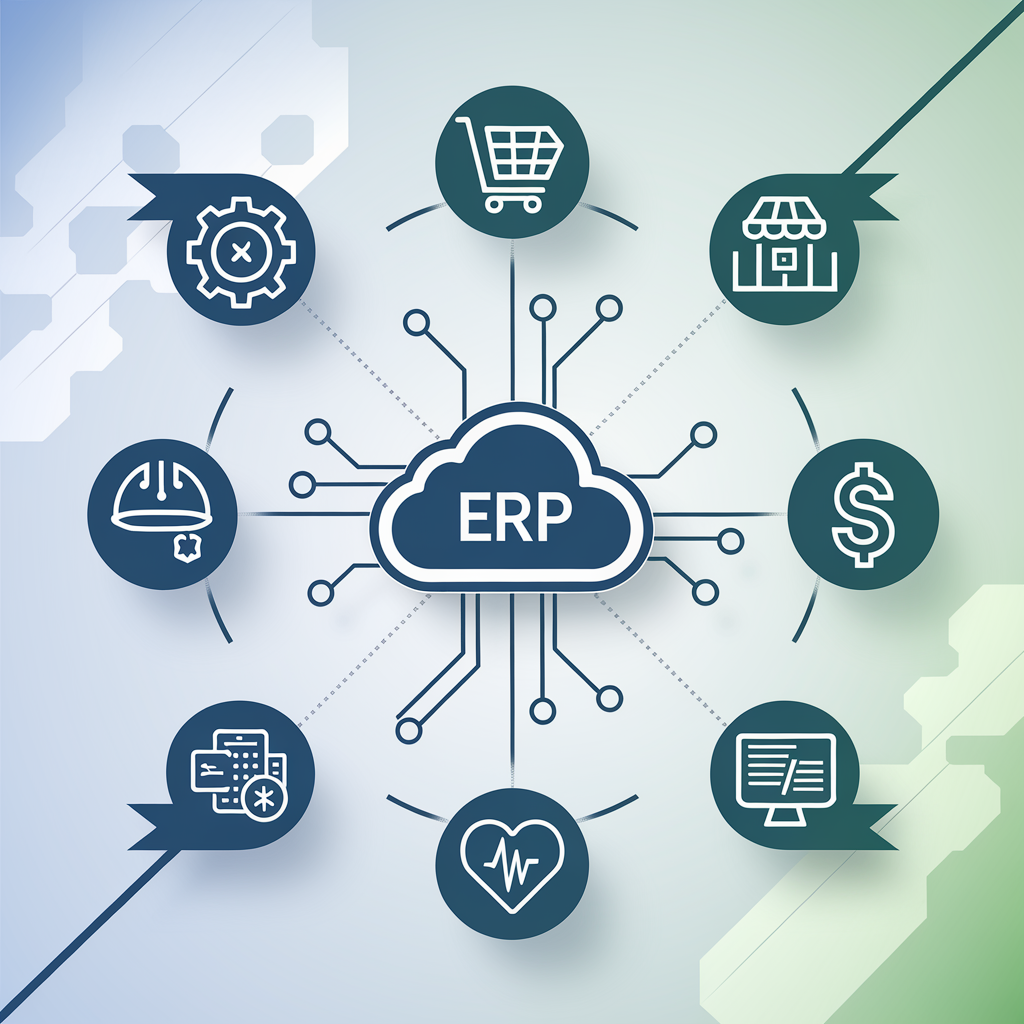Enterprise Resource Planning (ERP) systems play a pivotal role in helping businesses streamline operations and enhance decision-making through detailed reporting. The types of reports generated can vary significantly based on the industry and specific needs of a firm. In this article, we will explore the most valuable ERP reports categorized by firm type, providing insights into how these reports can drive efficiency and growth.
1. Manufacturing Firms
- Production Reports: These reports track production schedules, resource allocation, and output levels, enabling manufacturers to optimize their processes and improve productivity.
- Inventory Reports: Essential for monitoring stock levels, turnover rates, and reorder points, inventory reports help ensure efficient inventory management and reduce holding costs.
- Quality Control Reports: By analyzing defect rates and compliance with quality standards, these reports enhance product quality and minimize waste.
2. Retail Firms
- Sales Reports: Offering insights into sales performance across various channels—both online and in-store—sales reports help identify trends and customer preferences, guiding marketing strategies.
- Customer Engagement Reports: These reports analyze customer purchasing behavior and satisfaction metrics, allowing retailers to tailor their services and improve customer experience.
- Inventory Turnover Reports: By examining how quickly inventory is sold and replaced, these reports assist in effective stock level management.
3. Financial Services Firms
- Financial Statements: Comprehensive financial statements, including balance sheets, income statements, and cash flow statements, provide a clear view of a firm’s financial health.
- Risk Management Reports: These reports assess exposure to various financial risks—such as credit risk and market risk—facilitating better risk mitigation strategies.
- Compliance Reports: Ensuring adherence to regulatory requirements, compliance reports track necessary metrics and audit trails.
4. Project-Based Firms (e.g., Construction, Consulting)
- Project Management Reports: These reports track project timelines, budgets, resource allocation, and milestones to ensure projects are completed on time and within budget.
- Resource Utilization Reports: Analyzing how effectively resources (human and material) are used across projects helps optimize resource allocation.
- Billing and Invoicing Reports: Monitoring billing cycles, outstanding invoices, and client payments ensures healthy cash flow management.
5. Healthcare Organizations
- Patient Care Reports: These reports analyze patient outcomes, treatment effectiveness, and resource utilization in clinical settings to improve healthcare delivery.
- Financial Performance Reports: Revenue cycle management reports track billing efficiency and patient payment trends to enhance financial performance.
- Compliance and Regulatory Reports: Ensuring adherence to healthcare regulations, these reports track necessary compliance metrics.
6. Technology Firms
- Development Progress Reports: Monitoring software development cycles, feature releases, and bug resolution timelines helps keep projects on track.
- Customer Feedback Reports: Analyzing user feedback on products or services drives improvements in software design and functionality.
- Sales Forecasting Reports: Predicting future sales based on historical data aids in strategic planning.
7. Non-Profit Organizations
- Fundraising Reports: Tracking donations received, donor engagement levels, and fundraising campaign effectiveness helps optimize fundraising efforts.
- Program Impact Reports: Measuring program outcomes against set objectives assesses effectiveness and informs future initiatives.
- Budget vs. Actual Reports: Comparing budgeted expenditures against actual spending ensures financial accountability.
Conclusion
The ability of ERP systems to generate tailored reports is crucial for firms across various industries. These reports not only provide valuable insights into financial performance but also enhance operational efficiency by integrating data from different business functions. By leveraging these ERP reports effectively, organizations can make informed decisions that drive growth and improve overall performance. This SEO-optimized version includes relevant keywords related to ERP reporting while maintaining clarity and structure for better readability. It addresses potential search queries from businesses looking for information on ERP systems tailored to their specific industry needs.




